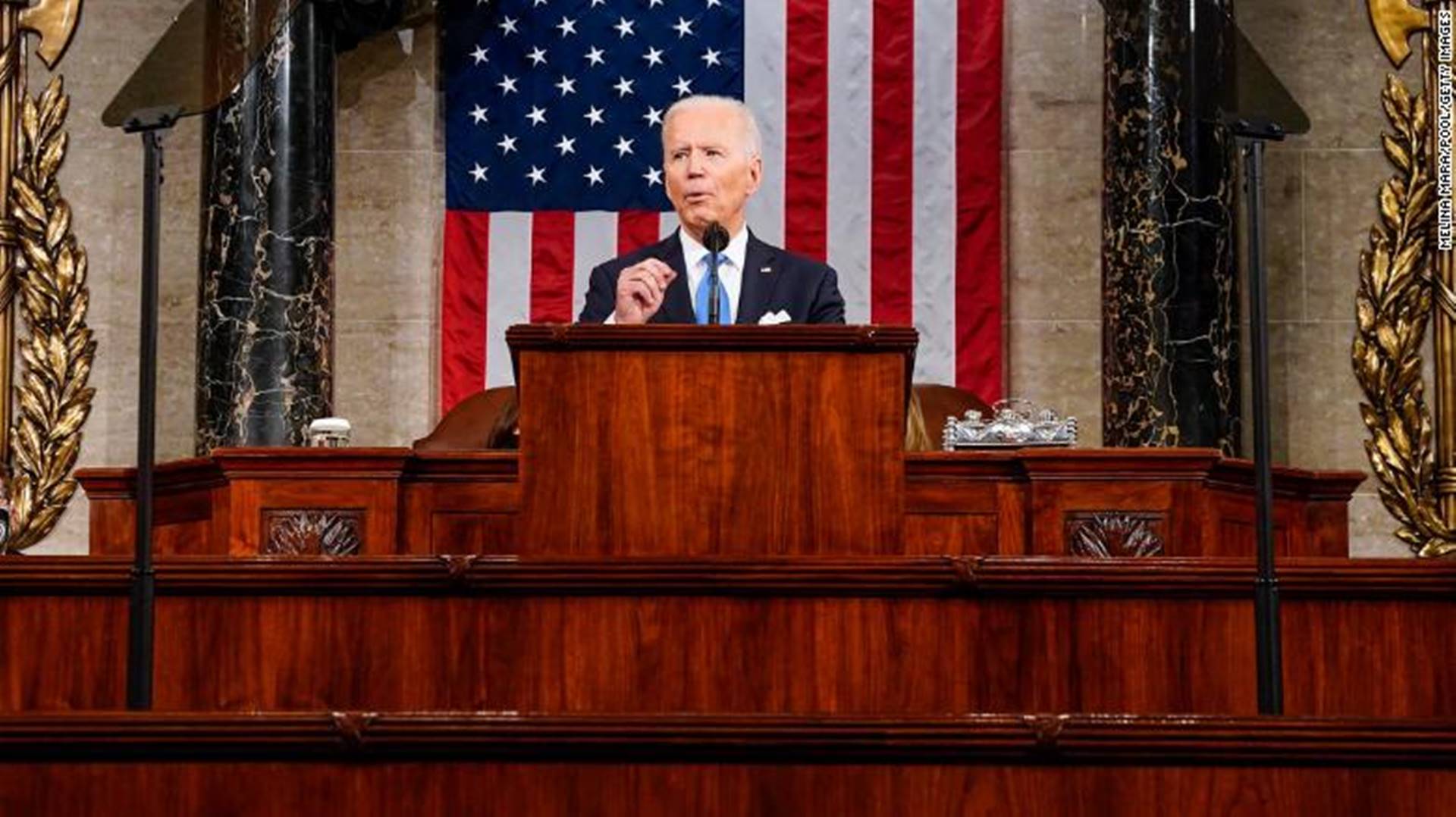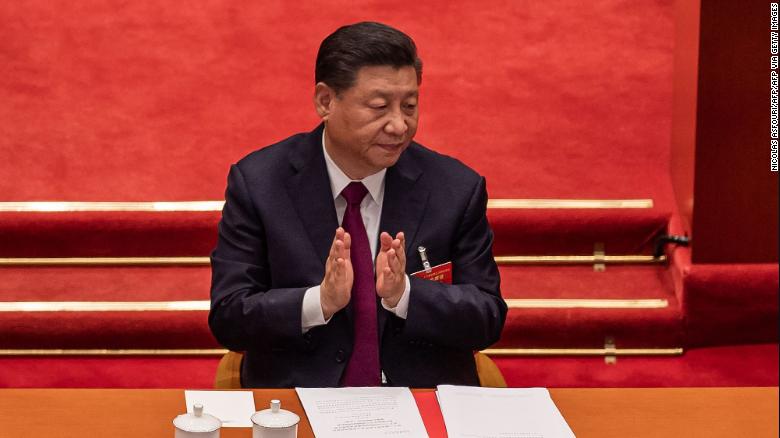The great power race between the US and China is on. And Beijing is confident of winning
When US President Joe Biden urged Americans to “win the 21st century” in his joint address to Congress, he painted a picture of a new great power competition with China and repeatedly name-checked its leader, Xi Jinping

“He’s deadly earnest on (China) becoming the most significant, consequential nation in the world,” Biden said of Xi. “He and others — autocrats — think that democracy can’t compete in the 21st century with autocracies.”
“The autocrats will not win the future,” he vowed later. “America will.”
But in Beijing, Biden’s fighting words have barely made a ripple, at least on the surface.
Responding to a question about Biden’s speech, a spokesman for China’s Foreign Ministry said the US was merely feeling insecure and jealous about China’s development.
“While China devotes itself to improving people’s lives, some in the US habitually target China every time they speak,” Wang Wenbin said at a daily briefing. “This is in nature out of Cold War thinking, a zero-sum mindset and ideological bias — and a sign of lack of self-confidence.”
“We hope the US can discard this ‘sour grapes’ mentality towards China, and treat China’s development with a more peaceful and rational mind,” he added.
Biden’s comments, and Beijing’s reaction to that speech, speak to a role reversal between the two nations: the US used to set moral, economic, and political benchmarks for other countries. But as China becomes an increasingly confident world player, Washington is beginning to measure itself against Beijing in many ways, from the development of advanced technologies to geopolitical influence.
The Chinese Communist Party has in recent years grown increasingly confident that China is on an ascendent trajectory and will one day surpass its Western rivals. That view received a boost during the Trump presidency. Despite his tough rhetoric on China, many Chinese nationalists hold the view that by withdrawing the US from global leadership and sowing political and social divisions at home, Trump gave
China an opportunity to assert greater leadership in the world.
In June 2018, as the US and China began a lengthy trade war, Xi told a group of senior party, military, and foreign affairs officials that China had entered the “best time for development since modern times,” while the world is undergoing “changes unseen in a hundred years.”
“The East is rising, and the West is declining,” he concluded — a message that has since been repeatedly pounded in the Party at various meetings and political studying sessions.
